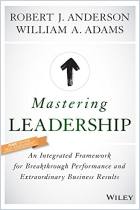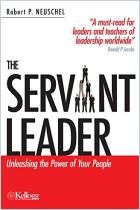
Level Three Leadership
Getting Below the Surface
Recommendation
At first glance, this might seem to be yet another standard text about management and employee relations. You’ll be pleased to find that, instead, author James G. Clawson has written an engaging book about history, human psychology and the modern workplace. He offers intriguing insights, strong research and even a New Age wrinkle or two, with a few well-placed comments about meditation, inner vision and martial arts. Despite a few redundant passages, this is not a dry HR manual, though it provides helpful professional charts and summaries. With its you-need-to-know-this-now tone and its comments about gravity, magic and inner vision, the book is actually fun. getAbstract recommends it to managers at all tiers, to employees seeking advancement and to MBA candidates.
Summary
About the Author
James G. Clawson, a professor at the Darden Graduate School of Business Administration at the University of Virginia, previously taught at the Harvard Business School, Northeastern University and the International University of Japan.



















Comment on this summary or Start Discussion